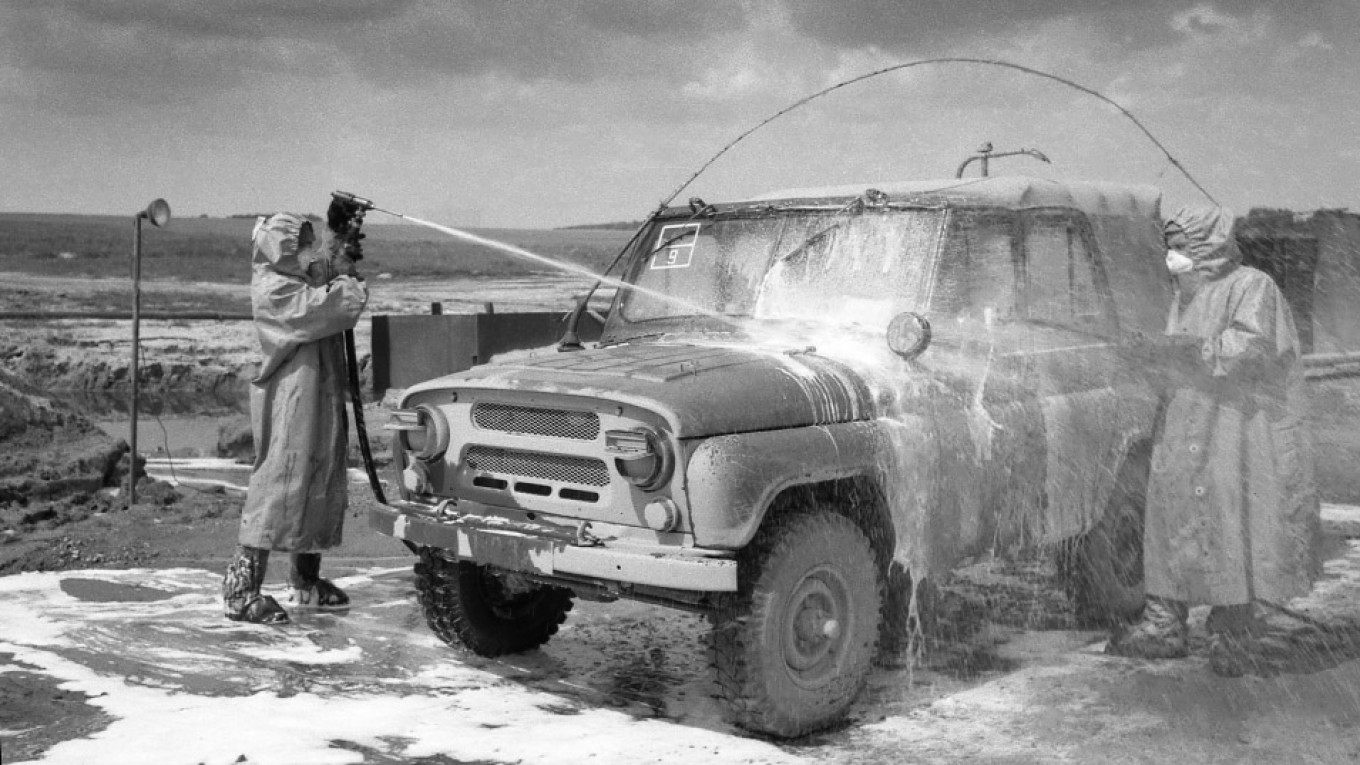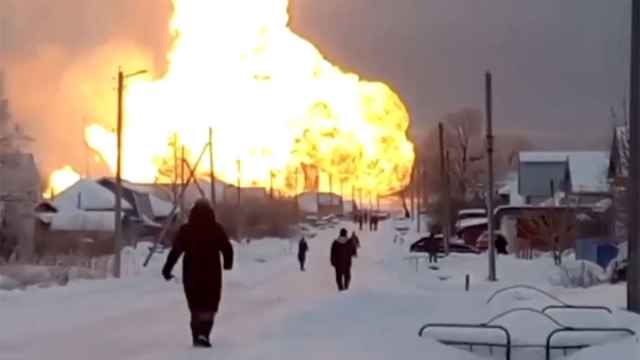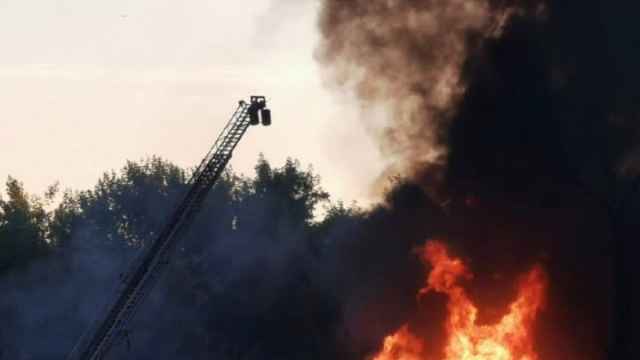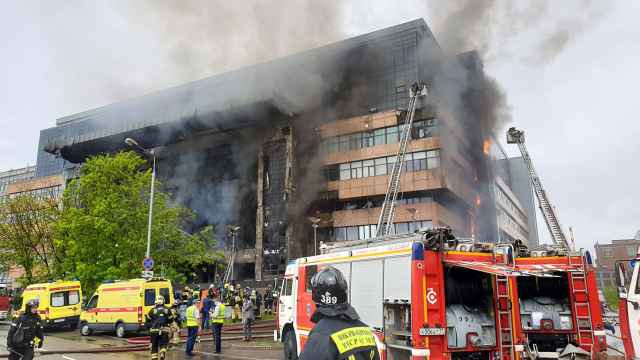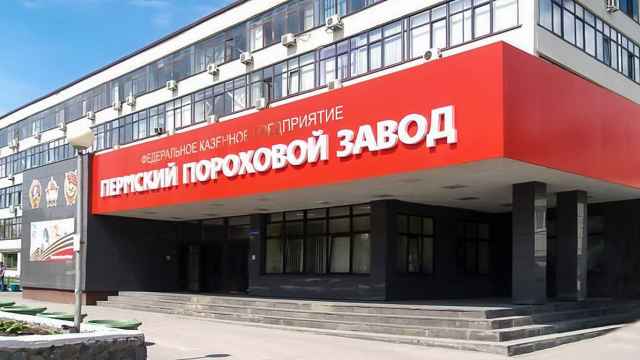“Chernobyl,” the HBO mini-series that ends Monday in the U.S., isn’t easy to watch as someone who lived in the Soviet Union in 1986 and who has since visited the Chernobyl exclusion zone. But, like many of my compatriots, I’m watching it — and thinking it should have been made in Russia, Ukraine or Belarus, not by an American entertainment channel.
There are two reasons for this. One is authenticity — despite a valiant attempt at it, the series falls short. But the other, more important reason is that this kind of harsh sermon on the importance of listening to experts and running a government for the people, not for its own sake, should have come from one of the affected countries. Those countries, apparently, haven’t learned the lessons well enough to make a movie like this.
The authenticity part will probably be lost not just on Western viewers but also on the younger generation of post-Soviet ones, too. The producers tried hard to re-create the late Soviet material culture, even though it does look as though they found the objects at a flea market — they look 30 years the worse for wear.
Some lapses were probably too costly to avoid even when the filmmakers knew about them, like modern plastic windows in Soviet buildings. But there’s plenty more. Chernobyl is too far from Moscow to reach by helicopter, and in reality, the government commission sent there soon after the nuclear disaster took a plane to Kiev and then drove. Nor, of course, could Deputy Prime Minister Boris Shcherbina even imagine threatening to throw Valery Legasov, an esteemed member of the Soviet Academy of Sciences, off a helicopter — this was 1986, not 1936.
Legasov, one of the series’s central characters, did indeed hang himself two years after the Chernobyl disaster, having first taped his memories of it. But, as a top-flight scientist, he didn’t live in a dingy apartment with a characteristic deer rug on the wall: That would have been far below his station. Nor was a cat his only companion: As he sickened after multiple trips to the exploded nuclear power station, his wife and daughter took care of him.
I know for a fact from several reporting trips that Russian miners don’t drink vodka right at the mine, before they wash off the coal dust. And in the late ’80s, they didn’t require soldiers with assault rifles to keep them in check when a minister addressed them. For that matter, the soldiers in the series appear to hold their weapons U.S. style, butt to the armpit, not Soviet-style, across the chest.
Soviet people in 1986 didn’t go calling each other “comrade” except at Communist Party meetings. Ilya Repin’s dramatic painting of Ivan the Terrible realizing he’d just killed his son was never housed in the Kremlin. And some uniforms in the series are from the wrong period.
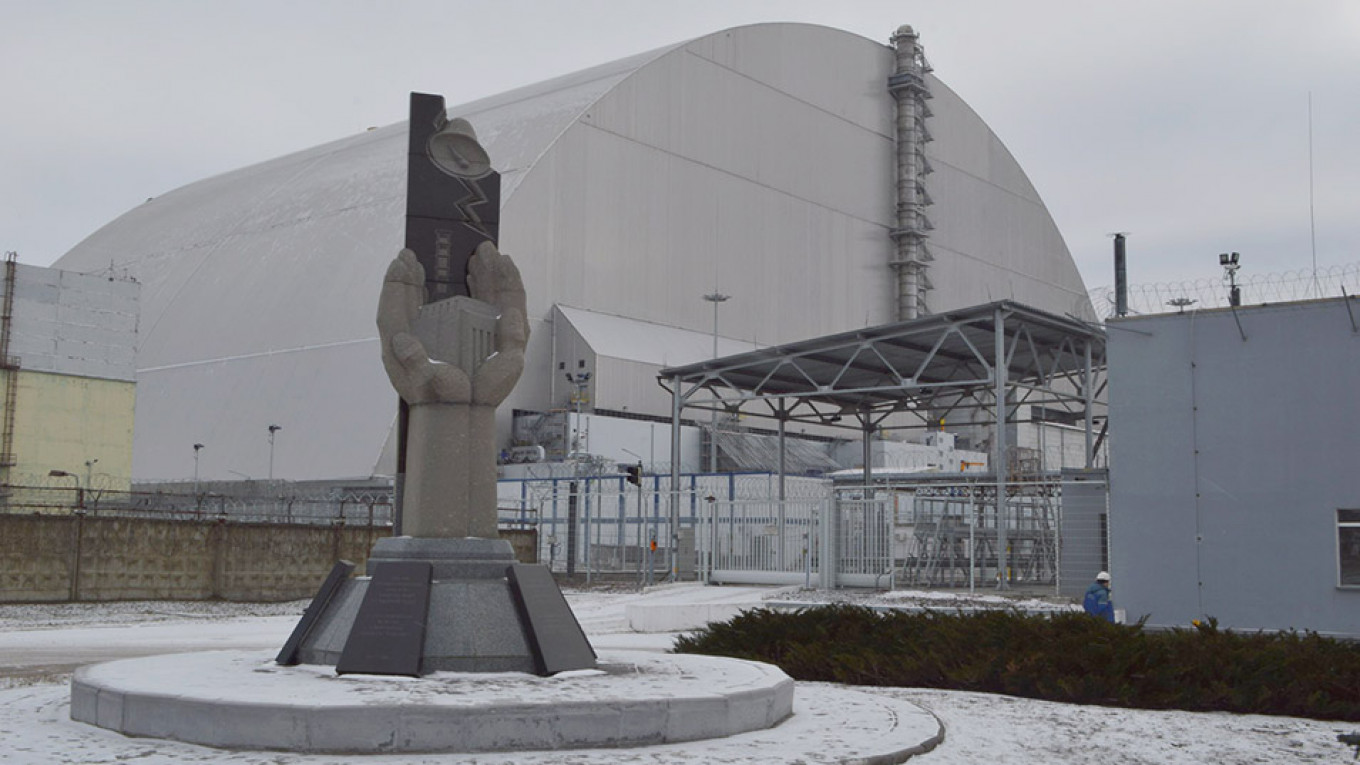
All these inaccuracies, big and small, mitigate the harshness of the movie for viewers with friends and family affected by the disaster. (My ex-father-in-law was one of the 600,000 so-called liquidators involved in the cleanup.) They serve as a filter, a reminder that this is, after all, an American TV series, not a documentary, and that none of the horrible things on the screen are real.
But even with that filter, the tough messages of the series come through loud and clear. For one thing, people are often unprepared for the enormity of something like the Chernobyl disaster; they tend to get confused, and try to fool themselves into thinking that the world isn’t actually collapsing around them. That goes both for people on the immediate scene and for the big bosses saddled with the final responsibility. These are situations when experts should be called in immediately and allowed to make decisions unhindered by political expediency or established chains of command. No amount of heroism and fatalism, powerfully portrayed in the series, is an adequate replacement for expertise.
Of course, coverups and defensiveness in such situations are heinous crimes; the Soviet Union tersely admitted the Chernobyl disaster to the world two days after it took place, and Communist Party leader Mikhail Gorbachev took 18 days before he spoke about it to the nation. By then, much of the area around the power plant had been evacuated, but May Day parades had taken place in nearby cities even though it could have been dangerous for people to be out in the open.
By the time he felt free to speak, Gorbachev focused on criticizing Western reports blaming the Soviet Union for the disaster. The reports would have been there in any case, but they would have been more accurate had the Soviet Union not tried to conceal the extent of the damage. (Russian media researcher Natalia Rostova wrote a good account of the belated official reaction and attempts to keep journalists from reporting on Chernobyl.)
Remarkably, some Russian reactions to the series are in that vein, too. The pro-Kremlin daily Komsomolskaya Pravda published a column suggesting that the series is an attempt to undermine Russia’s leadership in nuclear reactor exports, one of the few areas in which Russia is ahead of the U.S. and actively competing for European and Asian markets. The idea, Komsomolskaya Pravda journalist Dmitry Steshin wrote, is to incite the European public against Russian nuclear projects. I’ve read plenty of similar comments on social media; the series has been accused of that ultimate sin, “Russophobia.”
It’s clear to most Russian viewers, though, that the HBO production is not some kind of American propaganda effort. The messages are universal: about the limitations of government, management and the human psyche when faced with unforeseen effects of technology. Russians are not portrayed as villains in “Chernobyl.” Even Stellan Skarsgard’s portrayal of apparatchik Scherbina — who ordered the prompt evacuation of the town of Pripyat though many argued against it — is, in general, sympathetic.
The question that keeps popping up in my mind is why none of the three ex-Soviet countries most affected by Chernobyl has produced such a powerful re-creation of the 1986 events for the world’s edification. It would have made sense for Russia, with its current nuclear leadership, to show that it has learned the lessons; a posthumous Hero of Russia star for Legasov, awarded by former President Boris Yeltsin, isn’t enough.
It would have made sense for Ukraine, too; when I visited the Chernobyl zone in 2012, an illicit trade in potentially contaminated scrap metal was flourishing there amid the ruins and overgrown, abandoned villages.
Belarus, heavily victimized by the Chernobyl fallout, would have been a fitting messenger, too.
Yet somehow it was the network that produced “Game of Thrones” that found the courage, the money and the considerable skill that went into the making of “Chernobyl.” Now, the world at large will know the story from this version. That the post-Soviet nations left it to the HBO is, of course, not comparable with the original Soviet failure to report openly on the disaster. It is, however, a regrettable sin of omission that in the 33 years that have passed since Chernobyl’s Reactor 4 blew up that the post-Soviet world hasn’t produced anything as compelling as HBO’s flawed but riveting product.
A Message from The Moscow Times:
Dear readers,
We are facing unprecedented challenges. Russia's Prosecutor General's Office has designated The Moscow Times as an "undesirable" organization, criminalizing our work and putting our staff at risk of prosecution. This follows our earlier unjust labeling as a "foreign agent."
These actions are direct attempts to silence independent journalism in Russia. The authorities claim our work "discredits the decisions of the Russian leadership." We see things differently: we strive to provide accurate, unbiased reporting on Russia.
We, the journalists of The Moscow Times, refuse to be silenced. But to continue our work, we need your help.
Your support, no matter how small, makes a world of difference. If you can, please support us monthly starting from just $2. It's quick to set up, and every contribution makes a significant impact.
By supporting The Moscow Times, you're defending open, independent journalism in the face of repression. Thank you for standing with us.
Remind me later.



